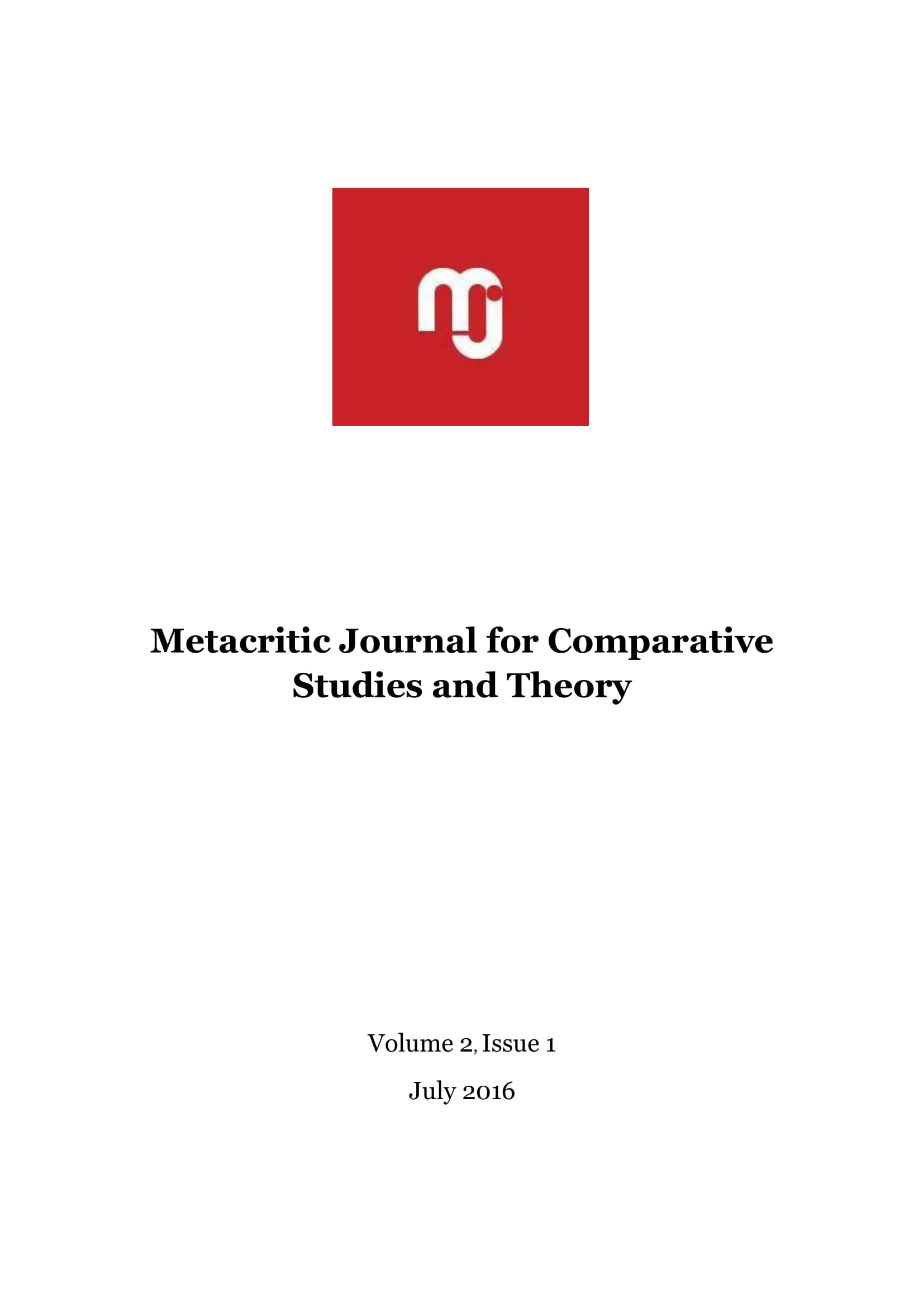Translating Collective National Fears Through Best-Sellers: Michel Houellebecq’s Soumission and Timur Vernes’ Er Ist Wieder Da
Translating Collective National Fears Through Best-Sellers: Michel Houellebecq’s Soumission and Timur Vernes’ Er Ist Wieder Da
Author(s): Adrian-George MatusSubject(s): Comparative Study of Literature
Published by: Universitatea Babeş-Bolyai
Keywords: Fukuyama; Houellebecq; Soumission; collective anxieties; Timur Vernes;
Summary/Abstract: After 9/11, we have witnessed several backlashes to Francis Fukuyama’s theory regarding the end of the world. With the credibility of this theory questioned,new maps have emerged and the theories regarding cultural dialogue have been updated, providing support for Samuel Huntington’s concept of clash of civilizations. In this context, Western Europe produced new forms of collective anxieties. In the present paper, I am interested in explaining two particular forms of fears that appear in the European Union tandem France-Germany throughout the 2010s. More specifically, I will explain how the notion of collective anxiety is translated from a cultural point of view in two best-seller books: Timur Vernes’ Er ist wieder da and Michel Houellebecq’s Soumission. The first part of this study will be devoted to asking to what extent we may use the notion of collective anxiety. In the second part, we will deal with the French case of Michel Houellebecq’s 2015 novel, where he explores the possibility of having an Islamic president in the near future. Furthermore, we will deal with Timur Vernes’ novel, where he proposes a return of Adolf Hitler in mid-2000s Berlin. The final part contains an attempt to understand the two forms of collective anxiety: the fear of the past (Germany) and the fear of radical otherness (France). Lastly, we will explore the reception of the two books in Germany and France.
Journal: Metacritic Journal for Comparative Studies and Theory
- Issue Year: 2/2016
- Issue No: 1
- Page Range: 155-173
- Page Count: 19
- Language: English

